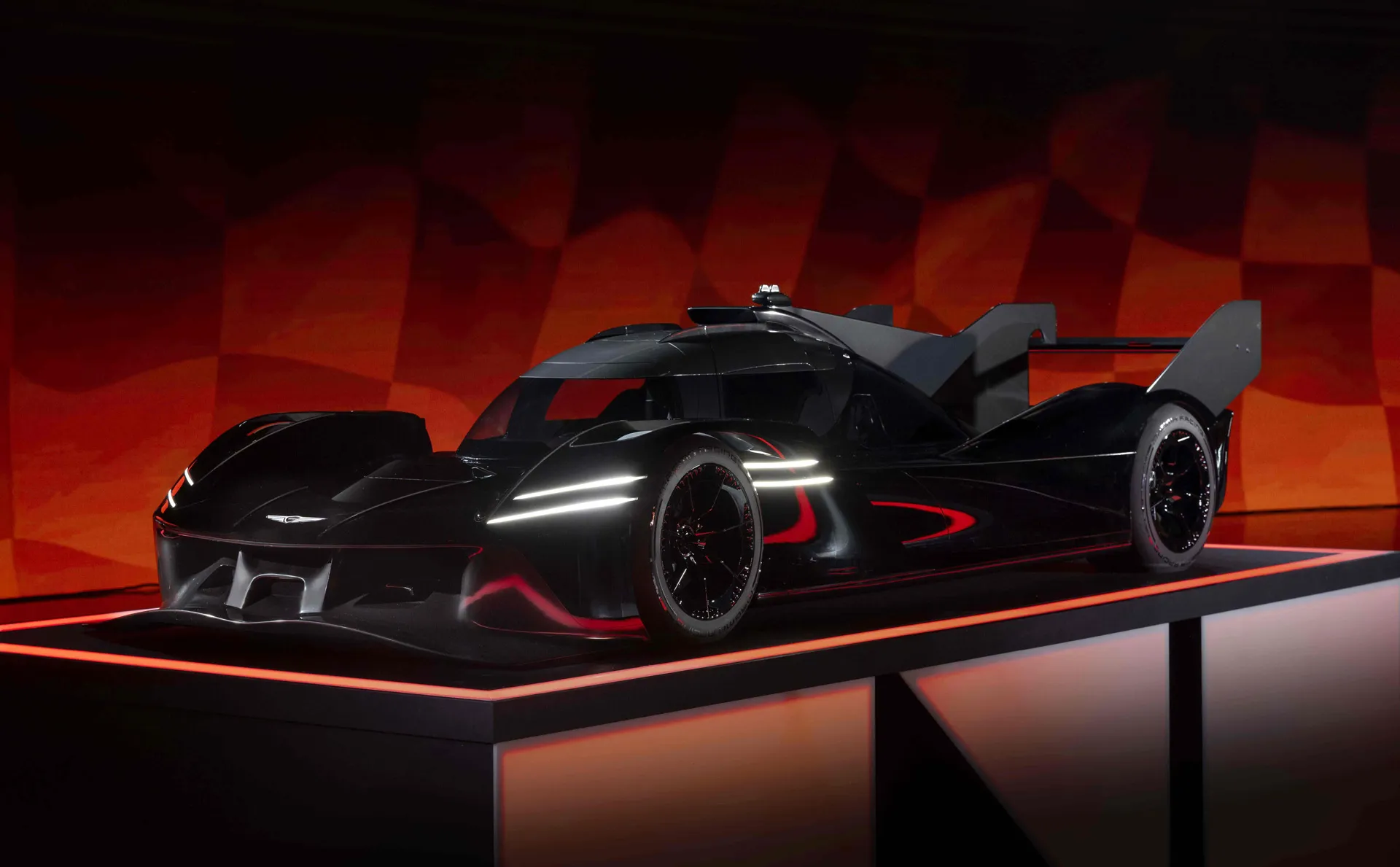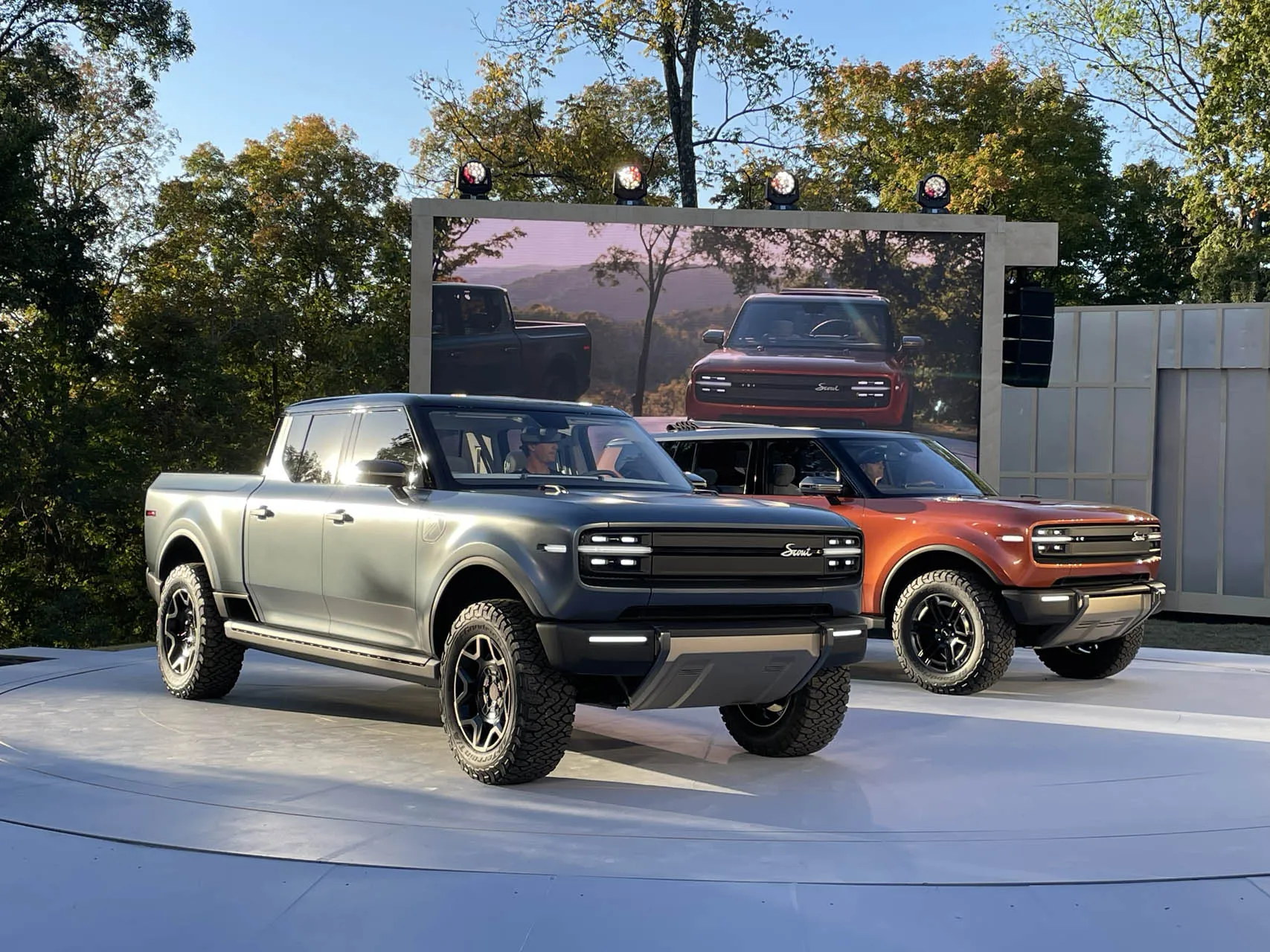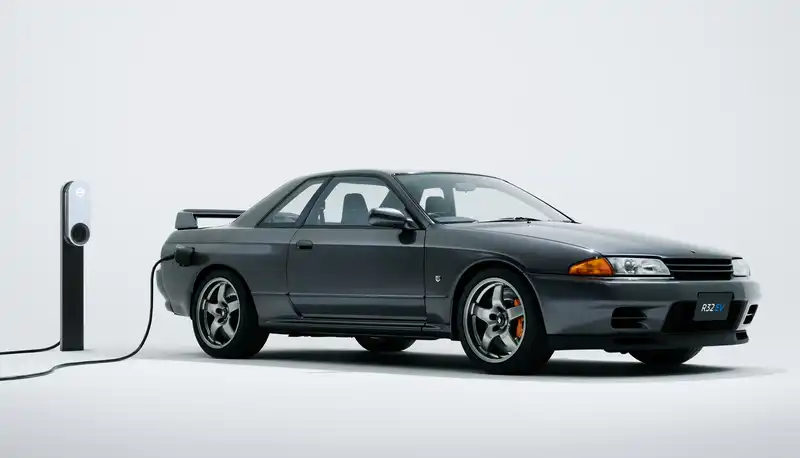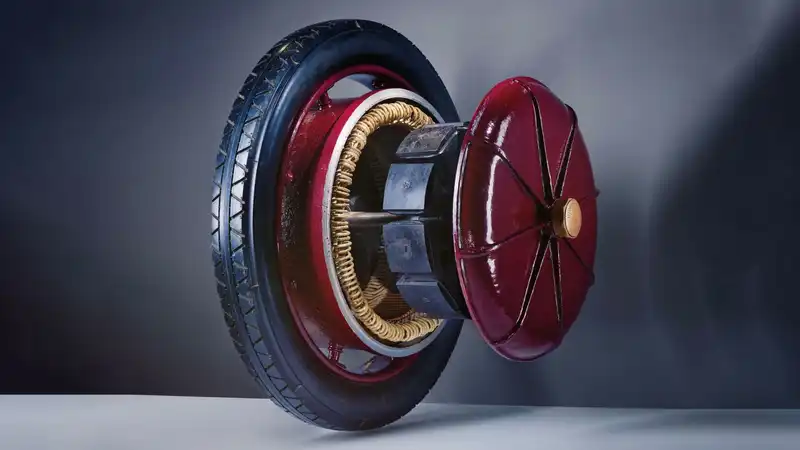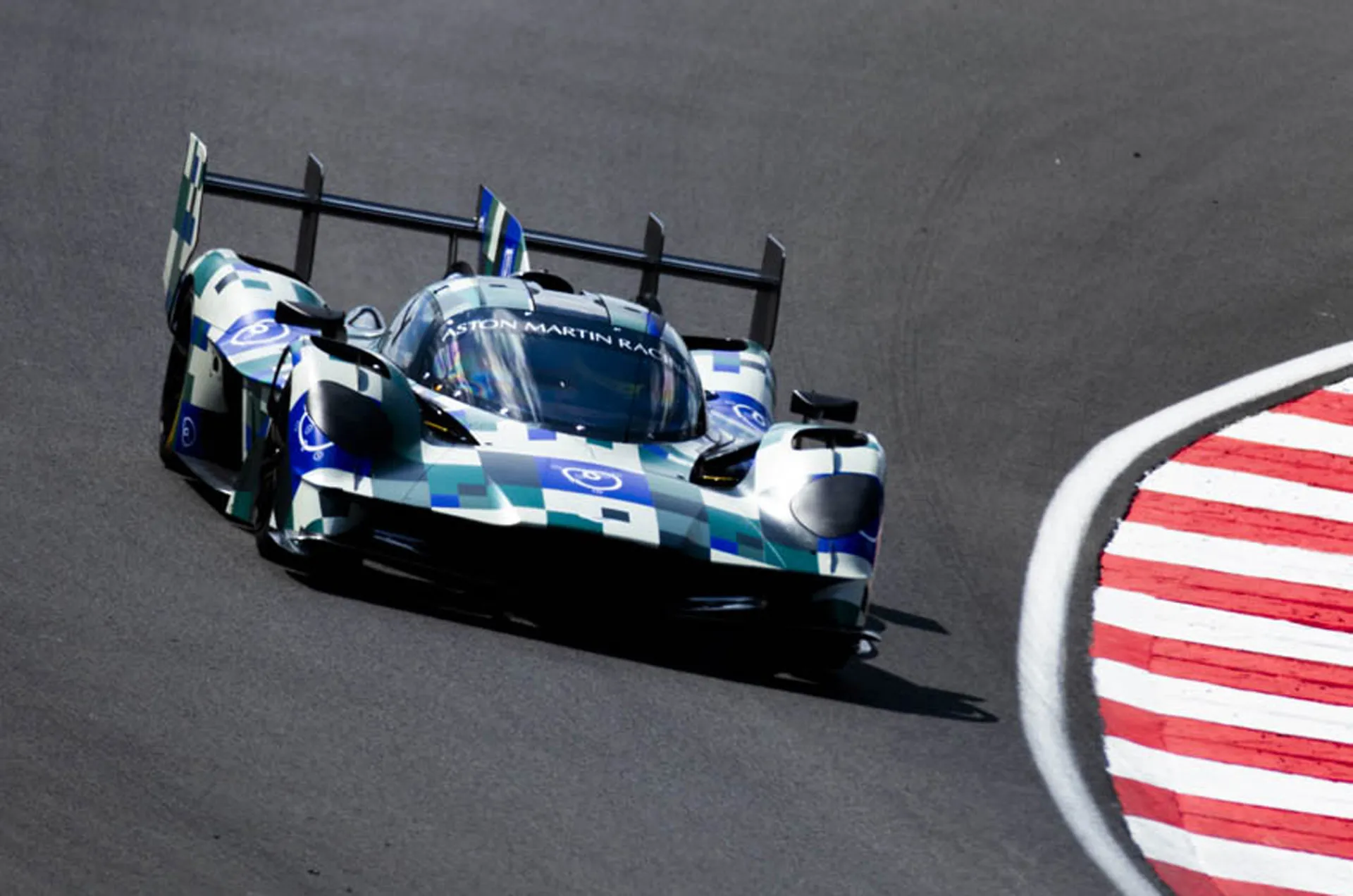Why Porsche entered the turbo era.
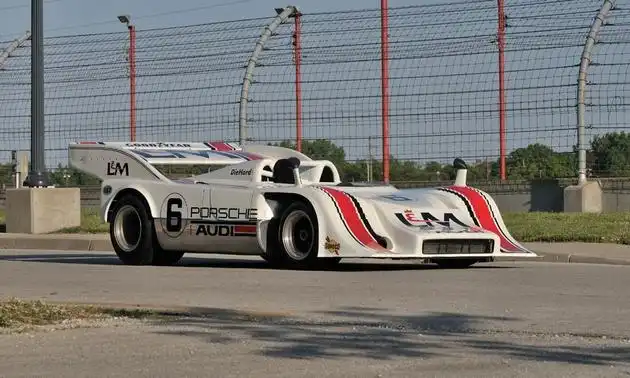
Porsche was one of the first automakers to adopt turbochargers, and the impetus was racing.
General Motors introduced turbocharged road cars in the early 1960s, and Porsche followed suit in the early 1970s. This was due to significant changes in the rules of the Makes World Championship, which at the time included the 24 Hours of Le Mans.
Porsche won its first overall Le Mans victory in 1970 with the 917, and again in 1971. In 1972, however, Porsche limited engine displacement to 3.0 liters. Rather than conform to the more restrictive European rules, Porsche decided to enter the less restrictive Canadian American Challenge Cup (commonly known as Can-Am).
Can-Am's laissez-faire environment presented different challenges. The most competitive teams used huge 8.0-liter V-8 engines, so Porsche needed to replace the naturally aspirated 4.5-liter flat-12 that had previously been used in the 917. Engineers considered a V-16 engine, but it proved to be too heavy and to worsen handling, so they decided to use a turbocharged version of the existing 12-cylinder engine.
A team led by legendary Porsche engine development boss Hans Metzger fitted two turbochargers to the 4.5-liter flat 12, boosting output to 985 hp. The development process was in stark contrast to the high-tech world of modern motorsports. The turbochargers were sourced from a former supplier of truck engines, and testing was done by connecting them to a column of mercury to measure boost pressure. As the engine revved up, mercury would spurt from the top of the mercury column and spray the engineer.
Joe Siffert took his first laps in a turbocharged Porsche 917 (an open-top version named the 917/10 Spyder) on July 30, 1971, and soon discovered a phenomenon called turbo lag. This lag, in which nothing happens when the driver depresses the accelerator pedal until the boost is increased, was an inherent weakness of the early turbocharged cars. Engineers added a wastegate to address this.
The 917/10 made its racing debut on June 11, 1972, at Mosport Park (now Canadian Tire Motorsports Park) in Canada. Mark Donohue broke the lap record by four seconds, but mechanical problems limited him to a second-place finish. However, the 917/10 soon racked up more wins and won the 1972 Can-Am championship.
Powered by a 5.4-liter flat-12 turbo producing 1,072 hp, the 917/30 proved so dominant that it was sometimes blamed for the demise of the Can-Am series (the oil crisis and recession of 1973 were likely contributing factors). Porsche then set out to develop a turbocharged racing car based on the 911, leading to the first 911 Turbo road car, which was released 50 years ago.
The 911 Turbo and earlier racing cars made the turbocharger synonymous with Porsche. Today, even electric cars wear the turbo badge as a tribute to this tradition.

